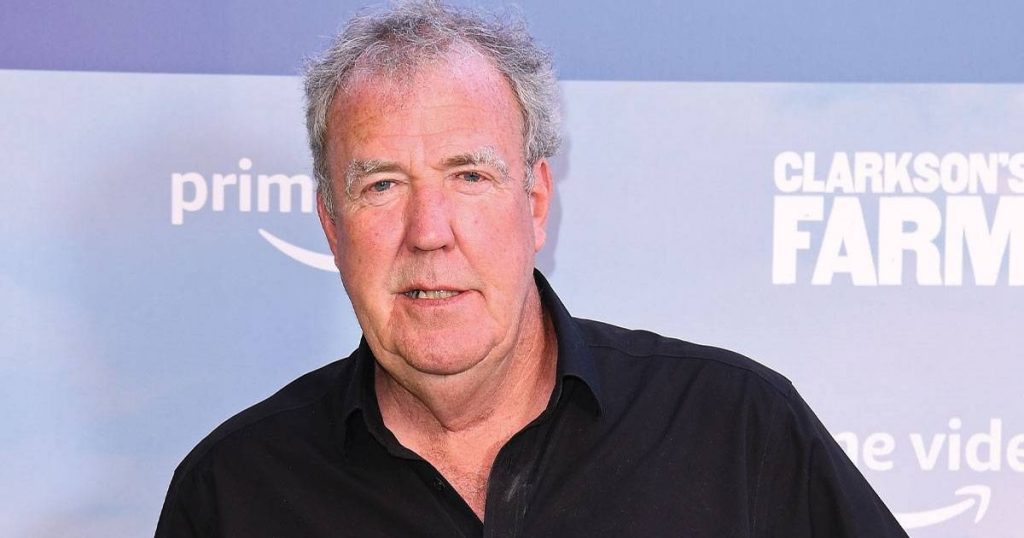Jeremy Clarkson’s Strong Opinions on Brexit and Friendship
Jeremy Clarkson, the well-known TV personality and former host of Top Gear, has never been one to shy away from sharing his opinions. Recently, he sparked controversy by revealing that he cannot be friends with people who voted for Brexit. This statement has ignited a heated debate, with many questioning whether political differences should affect personal relationships. Clarkson, known for his bold and uncompromising views, has made it clear that, for him, the decision to leave the European Union is a deal-breaker when it comes to friendship. His comments have left fans and critics alike wondering whether such a stance is fair or overly divisive.
The Backlash and Support for Clarkson’s Comments
Clarkson’s remarks have predictably divided opinions. On one hand, some people appreciate his honesty and admire his willingness to stand by his beliefs, even if it means alienating others.Fans of Clarkson often praise him for his straight-talking nature, which has been a hallmark of his career. On the other hand, many have criticized him for being intolerant and dismissive of those who hold different views. Critics argue that friendships should be able to withstand political disagreements and that such a rigid stance only serves to deepen societal divisions. The debate raises an interesting question: where should we draw the line when it comes to mixing politics and personal relationships?
The Broader Context of Brexit and Social Divisions
The UK’s decision to leave the European Union, commonly known as Brexit, has been one of the most contentious political issues in recent British history. The referendum in 2016 exposed deep divisions within the country, with voters split evenly between Remain and Leave. Ever since, Brexit has dominated political discourse, shaping elections, policies, and even personal relationships. Clarkson’s comments reflect the ongoing tension and polarization that Brexit has caused. For many, the issue is not just about economics or sovereignty but also about identity and values, making it incredibly personal.
Can Friendships Survive Strong Political Differences?
Clarkson’s inability to befriend Brexit supporters raises a broader question: can friendships survive significant political differences? While some people believe that mutual respect and understanding can bridge such gaps, others feel that certain beliefs are non-negotiable. In today’s increasingly polarized world, it seems that political views are playing a larger role in shaping our social circles. Social media, in particular, has amplified these divisions, making it easier for people to surround themselves with like-minded individuals and distance themselves from those who disagree. Clarkson’s stance, while extreme, is not entirely uncommon in this climate.
The Impact of Celebrity Opinions on Public Discourse
As a public figure, Clarkson’s comments carry significant weight. Celebrities often have the power to influence public opinion, and their statements can spark important conversations. While some argue that Clarkson’s opinions are just another example of celebrity overreach, others see value in his willingness to engage with difficult topics. However, his comments also highlight the challenges of public discourse in the modern era. When strong opinions are shared without nuance, they can alienate people and shut down opportunities for meaningful dialogue. In the case of Brexit, a topic that is already deeply divisive, Clarkson’s remarks may do more to inflame tensions than to foster understanding.
Moving Forward in a Divided World
In the end, Clarkson’s comments serve as a reminder of the challenges we face in navigating a divided world. While it is natural to gravitate toward people who share our views, it is also important to consider the value of engaging with those who think differently. By listening to opposing perspectives and seeking common ground, we can work toward healing the divisions that Brexit—and other issues—have created. Clarkson’s inability to befriend Brexit supporters may be a reflection of his strong convictions, but it also underscores the need for greater empathy and understanding in our personal and public lives.












